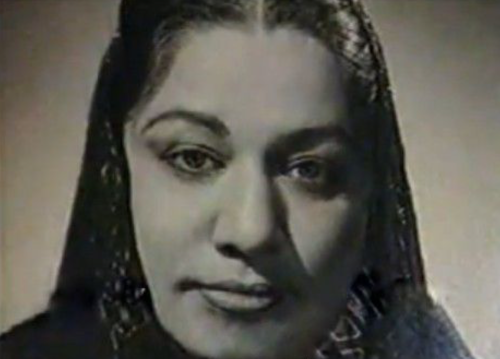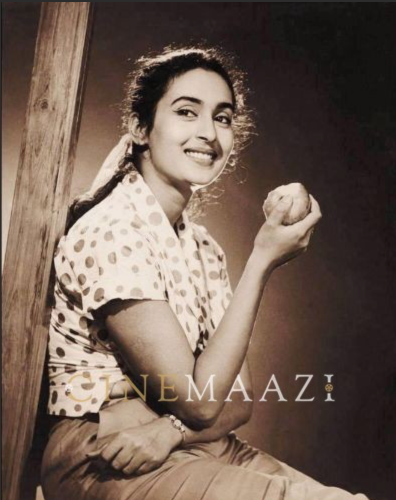Parcel: A Pitiless Expose of the Facades that Mask our Daily Lives
Indrasis Acharya’s new film takes a delightfully unconventional approach to a ‘thriller’
Cast: Rituparna Sengupta, Saswata Chatterjee
Director: Indrasis Acharya
‘Aamra ekta bhagar ay baash korchhi’ – around the 90-minute mark of Indrasis Acharya’s slow-burn exposé of the ugliness of contemporary society, a character tells the film’s protagonist Nandini (Rituparna Sengupta). The word ‘bhagar’ translates loosely to a wasteland littered with carcasses left to rot or for vultures to devour. That statement lies at the heart of Parcel and film-maker Indrasis Acharya ingeniously uses the ‘thriller’ as a format to peel the masks off our pretences.
And then begins the descent into the heart of darkness. An anonymous parcel carrying an innocuous enough gift (a photo album) arrives for Nandini even as the family is celebrating her birthday. There’s some mild banter about a secret admirer but it cannot mask the uneasiness the protagonists begin to feel – one that only aggravates as these parcels keep arriving. In a matter of days, all the family’s certainties lie shattered and the secrets the family has taken care to keep locked away threaten to come tumbling out.
I have called Parcel a thriller – yet to his credit, the director eschews the conventions of the genre. He never takes you by the scruff of the neck and pushes you headlong into the vortex of action. That would be the easy way out. He is not afraid to be unconventional in the way he executes the ‘action’. He puts the narrative on slow boil, cajoling the strands out of the characters, so that the tension never explodes, and neither the characters nor the viewer has any respite. And in that lies the film’s greatest strength.
Tags
About the Author
Shantanu Ray Chaudhuri is either an 'accidental' editor who strayed into publishing from a career in finance and accounts or an 'accidental' finance person who found his calling in publishing. He studied commerce and after about a decade in finance and accounts, he left it for good. He did a course in film, television and journalism from the Xavier's Institute of Mass Communication, Mumbai, after which he launched a film magazine of his own called Lights Camera Action. As executive editor at HarperCollins Publishers India, he helped launch what came to be regarded as the go-to cinema, music and culture list in Indian publishing. Books commissioned and edited by him have won the National Award for Best Book on Cinema and the MAMI (Mumbai Academy of Moving Images) Award for Best Writing on Cinema. He also commissioned and edited some of India's leading authors like Gulzar, Manu Joseph, Kiran Nagarkar, Arun Shourie and worked out co-pub arrangements with the Society for the Preservation of Satyajit Ray Archives, apart from publishing a number of first-time authors in cinema whose books went on to become best-sellers. In 2017, he was named Editor of the Year by the apex publishing body, Publishing Next. He has been a regular contributor to Anupama Chopra's online magazine Film Companion. He is also a published author, with two books to his credit: Whims – A Book of Poems (published by Writers Workshop) and Icons from Bollywood (published by Penguin Books).







.jpg)


